6 Best Practices for Product Title Optimisation for Google Shopping
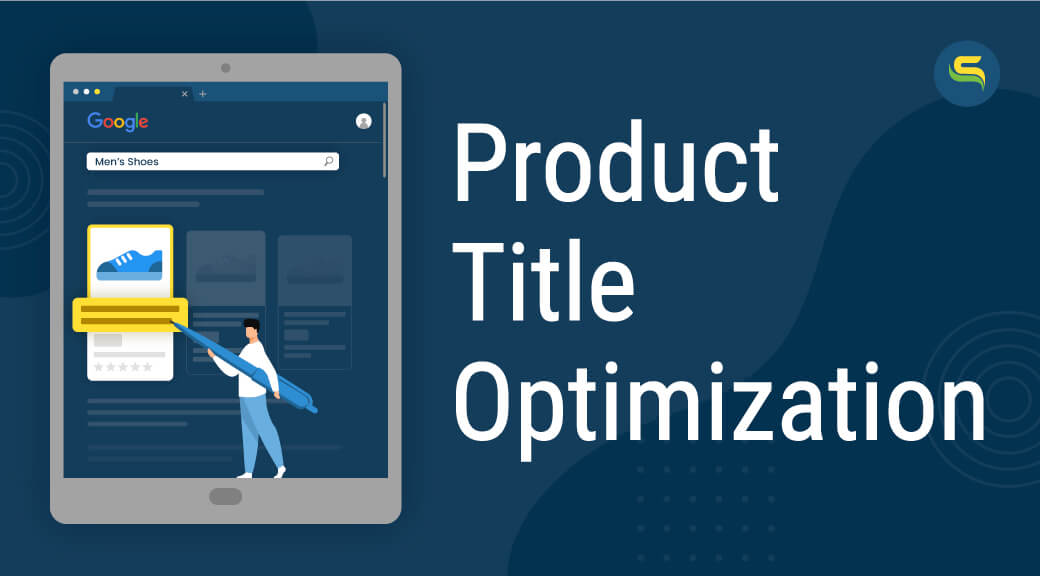
We have often heard people say, ‘What’s in a name?’; well when you plan on advertising your products online a lot can be said.
As a retailer, product title optimisation seems easy because you are familiar with your products. But the job here is to make Google know more about your products to match your products with the relevant search queries.
Selling products offline can give the buyers options to touch and feel the product, as well as you can leverage your verbal communication skills to further convince them. However, when it comes to online shopping the goal remains the same. It all depends on how specific you are with the details like title, description, and price which have the potential to make or break a deal.
6 Proven Strategies for Product Title Optimisation for eCommerce Store
1. Think Like Your Customers
Before you sit down for title optimisation for products, think of the terms a prospect can use to search your products. If you write for people and not just for bots that prioritize keywords you can stay far ahead of your competition as the ultimate point of going through all the advertisement hassle is to drive more and more sales.
As customers, we all look for ease and convenience while shopping. If a product title matches our language and resonates with the exact information we seek, it engages us to start our purchase journey.
Take a look at the two ad results for the user’s search query “Heat Resistant Water Bottle” below.

2. Insert High-Intent Keywords at the Beginning
Put the most important and the most searched keywords in the first 70 characters of the title. As per Google’s algorithm, the first few words placed in the product title get more weightage and have the power to grab users’ attention.
The most important keywords, however, differ by industry. So, depending on the products you sell, you’ll need to identify the important keywords that work for your e-commerce business and must be included at the front, such as brand, gender, category, and other attributes that best describe your product. This helps your customers quickly scan the relevant features of a product, potentially increasing your click-through rate.
Compare the example below to see how a varied set of attributes defines the Product titles belonging to different industries.

The highlighted features in the Mobile Title are the Brand and its Technical specifications, whereas the focus shifts to Appearance-related Keywords when it comes to Mobile cover.
Note: To get your product title highlighted on Google’s platform, avoid stuffing too many keywords into it, as this will make it look spammy and irrelevant.
3. Utilize All 150 Characters Effectively
Indeed, quality matters over quantity; but when we talk about product title optimisation, quantity has an equal weightage.
As you make your product titles more and more descriptive, it increases the chance of surfacing your ad for relevant search queries. Also, you get more room to convince shoppers. You have got what they are searching for.
However, Google only shows a range of 30-70 characters at first glance to the users depending on their screen size. Yet, it is vital for e-commerce merchants to use all 150 characters to make the title descriptive and specific so that it appears for more and more related search queries.
Note: If your title does not fit within the maximum character limit, Google will truncate it to fit.
In the first picture, we can see that the product title is truncated in the ad result after 50 words. However, the complete title shown in the next image still has significant keywords describing the product. So, it is important to mention them in the product title to be able to appear for all the relevant search queries.

4. Create Unique Variant Titles
If you have multiple variants of your products and you wish to appear for different search queries as per your variants, make sure you define your product titles accordingly. Each user can search for a separate set of variants and if you have not clearly defined your variant titles they will not appear for a specific search query, and you may lose a probable sale.
Look at the images below showing distinct variant titles defined by Color and Size, so whenever a user searches for this product with a specific color or size, the individual product will appear as per the search query.

5. Follow Google’s Product Title Guidelines
While you are free to optimise your titles your way, you will need to take care of the minimum requirements set by Google. And, as we know when it comes to Google, it gets very specific about the user experience it provides to its shoppers.
Some of the criteria for product title optimisation are as follows :
- Avoid excess capitalization
- Avoid putting promotional texts like sale price, sale dates, shipping, delivery date
- Make sure your titles are grammatically correct to look professional
- Don’t make your title look spammy; avoid foreign characters
- Don’t use extra white spaces
Please follow this official document from Google to learn more about the minimum requirements.
6. Implement Structured Data & AI Attributes
In addition to optimising your titles for relevance, consider implementing structured title attributes. These attributes provide additional metadata to Google, helping it better understand and categorize your products.
By using structured title attributes, such as specifying whether the title was generated using generative AI, you can enhance the visibility and performance of your product listings.
Remember, it’s OKAY to start small.
If you are an e-commerce store owner with a large number of products, this task may seem a bit tedious and time-consuming. But, you can start your journey by optimising titles for your best-selling products and simultaneously keep a tap of the click-through rate and the CPC for those products. In a week or so you will likely be motivated to work on the rest of your product titles by looking at the results of your last experiment.
By far we were able to find out the importance as well as some of the best ideas for title optimisation; however, consider this as an ongoing process. Moreover, you can use automated feed management apps that help you optimise your product title and description with ease.
This will not only boost your Google Shopping Ad performance but also give your products good exposure in Google free listings. A well-optimised product title goes a long way in shaping ad performance as it directly helps Google to identify your product. The better it identifies your products the more it displays them for the potential search queries.
In a nutshell, relevant title >> more impressions >> more clicks > > more conversions.
So, keep optimising and stay ahead of your competitors!!


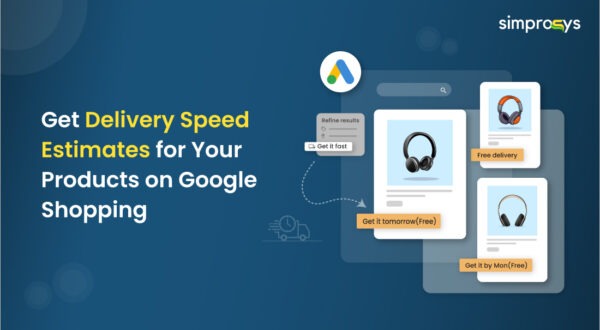
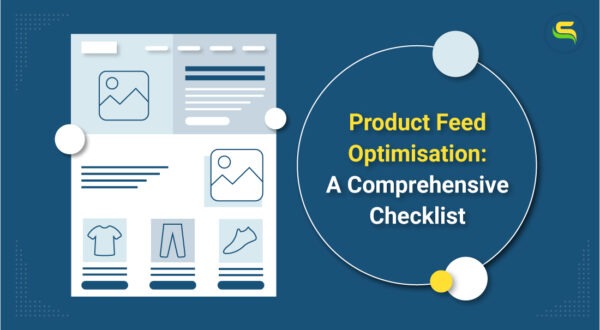
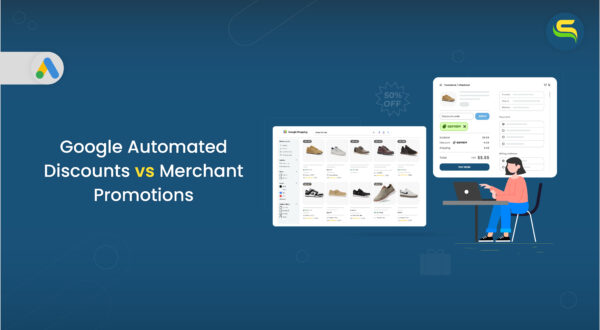
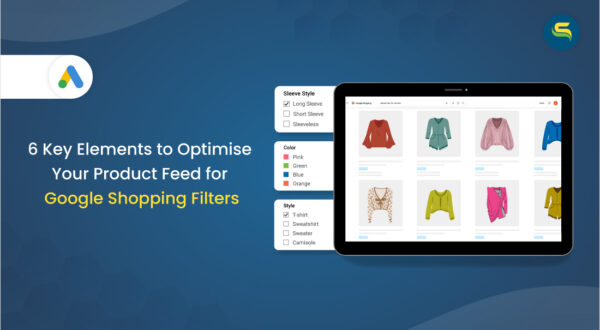
Leave a Reply